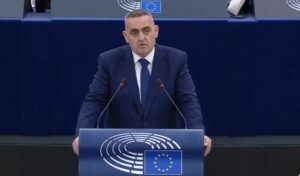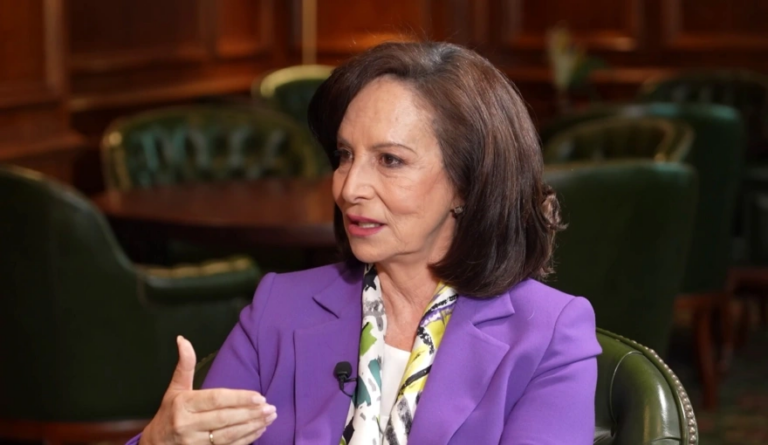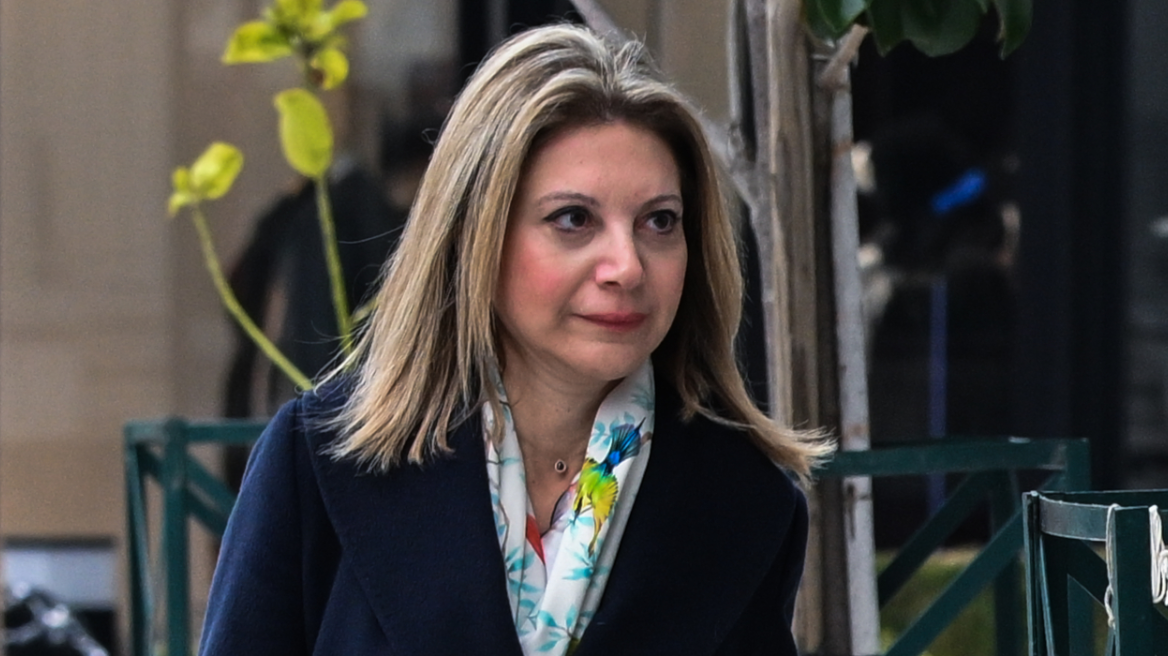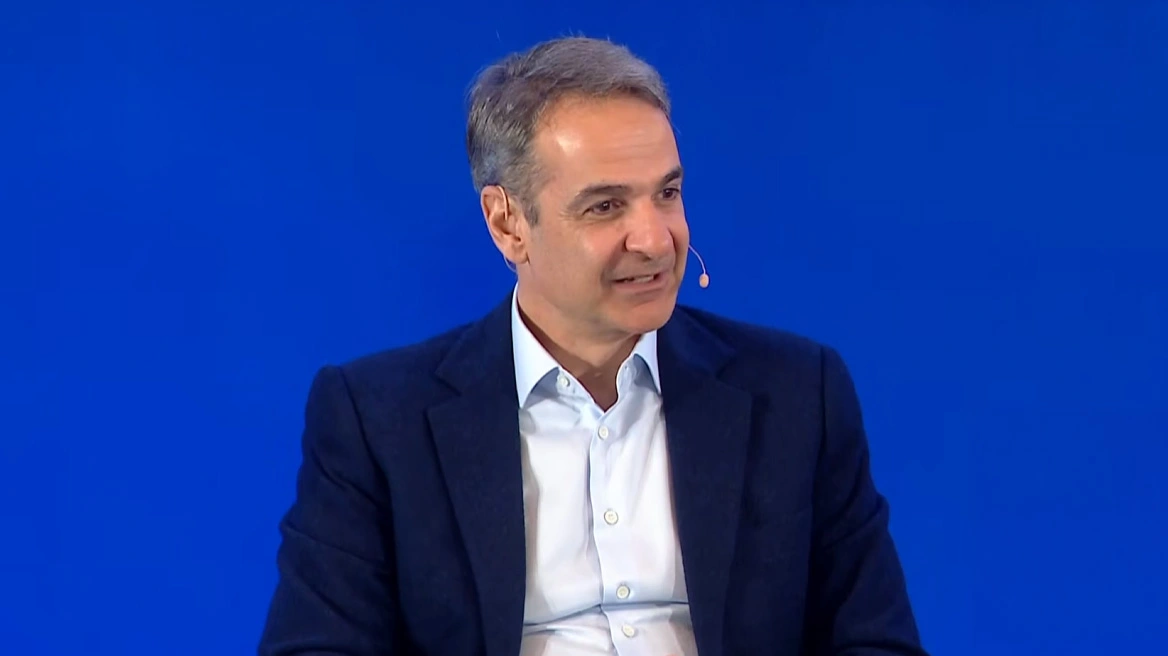Changes to the way water is priced were announced by the Minister of Environment and Energy Theodoros Skylakakis, who, along with the management of EYDAP, presented the government’s plan to address the water scarcity, which was announced at the TIF by Prime Minister Kyriakos Mitsotakis.
Now and after this year, when rainfall has fallen by 50%, Greece’s water balance is in deficit. The government’s goal is to move forward with express procedures to provide a solution to Attica’s water supply in the next three to four years.
The epicenter of the problems, Skylakakis said, is in the south Aegean Sea, in some areas of the Peloponnese and in some areas of eastern Crete. At the same time, there is also the issue of Attica, which essentially takes water from central Greece.
Expansion of EYDAP and reduction of providers
Mr. Skylakakis announced a new Joint Ministerial Decision on costing – pricing of water services based on consumption levels. At the same time, he mentioned the creation of stronger providers by reducing the number of providers to 1/4. Thus, among other things, EYDAP will be expanded at least in the rest of Attica, Corinthia, Boeotia and Fokida.
There will be an expansion of EYDAP in the rest of Thessaloniki and Halkidiki. In the rest of the country there will be 1 provider per regional unit.
At the same time, a settlement will be established for 75% of the debts of municipal water utilities to the PPC.
Tariffs, according to Skylakakis, are set by the provider and controlled by the RAAEY and cannot, as a general rule, increase by more than the Unharmonized Consumer Index.
Scaled charges and the possibility of setting different prices per region
There will also be an option to set different rates by region and there will be a tiered charge depending on consumption levels. However, the first consumption scale will be affordable to meet the living needs of the population.
He noted, among other things, that there is a need to address water supply and irrigation and flooding incidents.
Regarding the investments proposed by the providers is the reduction of leakages.
In addition, the Minister referred to several funding sources, such as the ESPA, revenues from emission allowances and the Green Fund.
“The climate crisis itself is uncertain, and to an uncertainty we have had about the weather is added very great uncertainty about the climate. Another important issue is the inability of the benefits to access borrowing,” he said of the problems, among other things.
For desalination projects
Skylakakis referred to the selection criteria for desalination projects worth €50 million on arid islands.
He said about the islands that “desalination is a solution, the question is at what cost can be done, there if you tie it with the cost of renewable sources which is much lower than gas in general and subsidies in general you can achieve for the islands low cost water compared to what they pay.”
Ask me anything
Explore related questions





